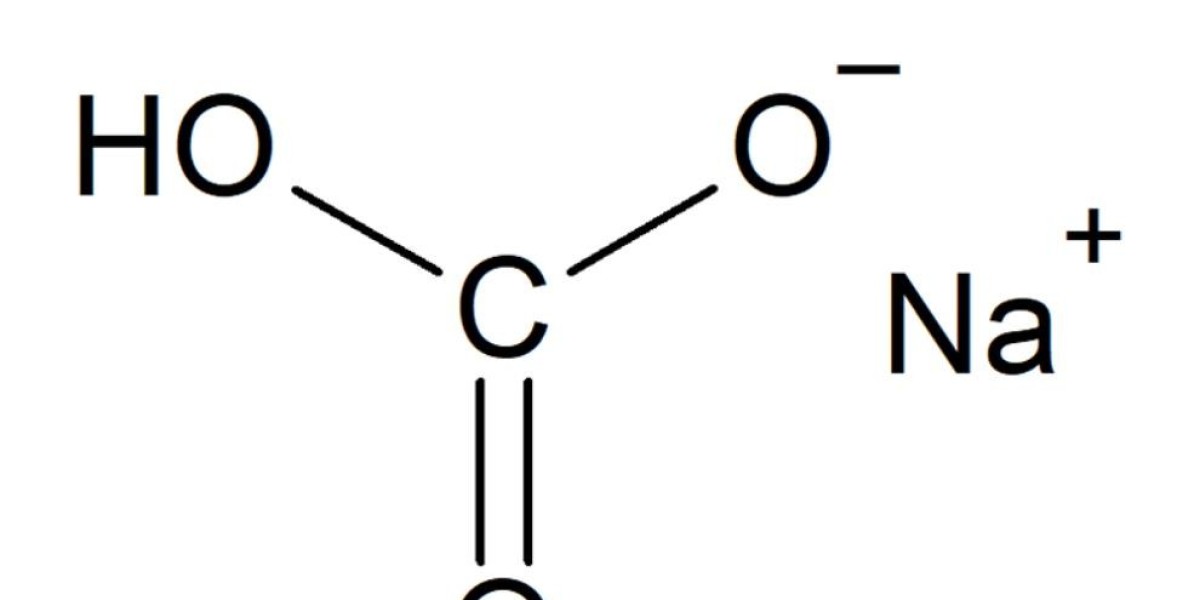It may be safe to use sodium bicarbonate appropriately in the short term. Non prescription anti acid products containing sodium bicarbonate are considered safe and effective by the US Food and Drug Administration. Taking high-dose sodium bicarbonate may not be safe. Taking sodium bicarbonate may also be unsafe as it has not completely dissolved into a solution. Gastric rupture and severe changes in electrolyte levels occur.
There is currently insufficient reliable information to determine whether the use of sodium bicarbonate (sodium bicarbonate density) is safe or what its side effects are. Pregnancy: Oral administration of sodium bicarbonate during pregnancy may not be safe. Some people worry that it may increase the risk of water retention or pH imbalance in tissues.
Breastfeeding: There is not enough reliable information to determine whether using sodium bicarbonate during breastfeeding is safe. Please pay attention to safety and avoid use.
Children: There is not enough reliable information to determine whether oral sodium bicarbonate is safe for children. Please pay attention to safety and avoid use. Applying sodium bicarbonate to the skin may not be safe. There are reports that children have high levels of sodium in their blood after taking it.
Burns: Using sodium bicarbonate at the burn site may increase the thickness of the burned skin.
Sudden loss of heart function (cardiac arrest): Sodium bicarbonate seems to be of no help to people with cardiac arrest. It may reduce survival rate or slow down recovery speed.
Diabetic ketoacidosis (DKA): Sodium bicarbonate will increase a blood acid called ketone related to DKA. People with this situation should not use sodium bicarbonate.
Swelling (edema): Due to the presence of sodium bicarbonate, it increases the risk of swelling caused by excessive fluid in the body. People with heart failure, liver disease, or other diseases related to fluid accumulation should use sodium bicarbonate with caution.
High calcium content in the blood: people with high calcium content in the blood are difficult to get rid of Bicarbonate. Taking sodium bicarbonate may increase the risk of complications such as Milk-alkali syndrome.
High sodium content in the blood: Sodium bicarbonate may increase the sodium content in the blood. People with already high levels of sodium in their blood should avoid consuming sodium bicarbonate.
Hypertension: Sodium bicarbonate may increase blood pressure. People who already have hypertension should avoid using sodium bicarbonate.
Low potassium content in the blood: Sodium bicarbonate may reduce the potassium content in the blood. People with already low potassium levels should avoid consuming sodium bicarbonate.








